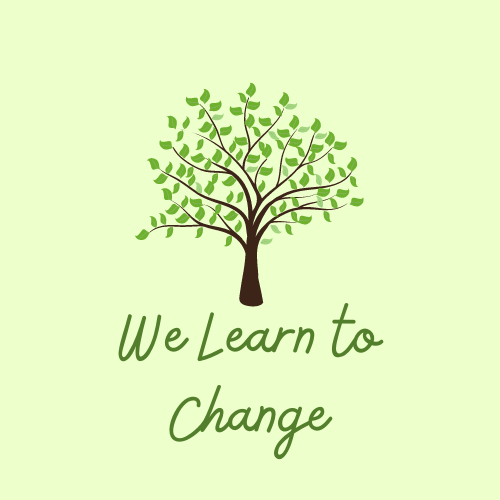On January 6, 2021, I was working with a student during office hours when my husband came into the dining room to tell me that people had stormed the U.S. Capitol. My mouth dropped open. My student’s mouth dropped open. After my husband apologized for interrupting the meeting, he went back downstairs to his office to watch the incident unfold live. Once my schoolday was finished, I joined him. I missed about an hour of what was happening, but I have since watched many videos that frighten me sufficiently.
Later that evening, I checked Facebook. A fellow teacher had posted, “How do we teach now?”
The responses indicated the resilience and commitment of teachers across this country. Lesson plan after lesson plan was posted by hundreds of teachers. Each focused on truthful and/or positive aspects of this country; none had a focus on violence or rebellion. I chose to do the following with two of my classes.
AP® Lit: “America” by Claude McKay

In AP® Literature and Composition, the plan was to write an essay on a sonnet “For That He Looked Not Upon Her,” by George Gascoigne. With what happened the day before, on 1/7, the plan changed to feature Claude McKay’s sonnet, “America.”
I explained to the students: “Yesterday, something happened in the U.S. Capitol that rocked me to the core. We were going to work with a sonnet written by a contemporary of Shakespeare, but now we are going to use a sonnet written about America. Any objections?”
Hearing none, we proceeded.
I chose this poem to illustrate the complicated and complex feelings that many have about this country, this “cultured hell.” It gave me a chance to talk about the Harlem Renaissance, too, and how the artists, musicians, and writers of that movement demonstrated to everyone that Americans are resilient, beautiful, brilliant, and determined.
The turn of the sonnet describes how the speaker assures the reader that although the nation has fed him “bread of bitterness,” sunk “her tiger’s tooth” into his neck, and overwhelmed him with her power, he is not afraid. He stands up to her “cultured hell” as a rebel would face a king. The turn shows us that the speaker is a persistent individual with foresight, one who knows truth.
The last four lines, however, were those I hoped the students would pick up on. My interpretation: If we continue – as a country – along the path we are on, we are in big trouble. The sonnet was written almost 100 years ago, but the message resonates today: We must be vigilant, protect the American Experiment, strive toward improvement of life for all, and not be fearful of those who would prefer the United States fail, even those within our borders.
The students’ responses blew me away. I’m so proud.
Creative Writing: Langston and Martin Luther King, Jr.
In Creative Writing, I developed a final project for which students create a story from a poem. As a sample, I created a draft using “Harlem,” by Langston Hughes as its foundation. A line from this poem provided the title for the play A Raisin in the Sun by Lorraine Hansberry, which I had been working on with another English class. Therefore, the poem was on my mind. We had just finished reading “I Have a Dream” in that other class, so it just seemed natural to me to have Langston pay MLK a visit in August, 1963, before the March on Washington.
On 1/7, I introduced the students to their final project. I presented my draft to them and read a bit of it. This time, I did not tell the students that 1/6 rocked me to the core. Instead, I focused on the Civil Rights Movement and, again, the Harlem Renaissance. Several of the poems I provided for the students to pick from were from diverse voices, too, and the students have gravitated toward them, especially “Perhaps the World Ends Here,” by Joy Harjo, our nation’s first Native American Poet Laureate.
My message: Our nation is beautiful. Our nation is resilient. Our citizens are brilliant. We will overcome challenges to the American Experiment.
I look forward to seeing what they come up with.
Other Classes
I have a few other classes, and they wanted to talk about 1/6. I did my best to explain how I, as a citizen and an American, had thought I was witnessing the end of our country while I watched “priceless treasures” manhandled and listened to chants threatening the lives of long-time public servants. Until such time as the Capitol was cleared and secured, I worried that Congress would be overrun. I was mourning those who had died in the insurrection, also.
They were somber conversations, but also truly focused on the feelings we have about 1/6 as Americans. Forget partisanship, put aside differences of opinion, and think about how close we came to not having a country anymore.
My Secret Hope
Well, it won’t be much of a secret when this is published, but my secret hope is that these future leaders will reaffirm their commitment to a nation once a beacon of hope and a leader among those who espoused or aspired to democracy. There needs to be, just as every sonnet needs a turn, a turn toward something brighter and beautiful. We need a Renaissance.
Will my “kids” lead us there?







